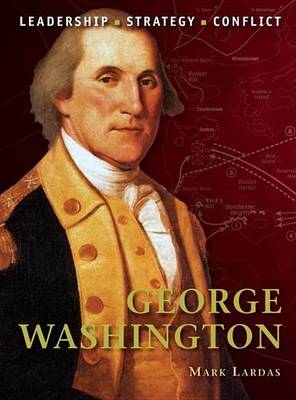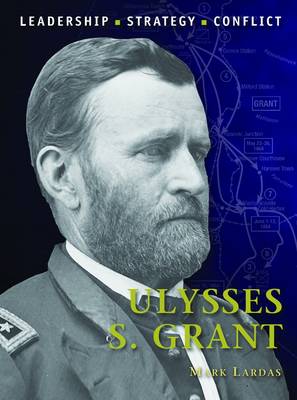Command
2 primary works
Book 21
Despite his lack of formal military training, George Washington may be one of history's must underrated commanders. Building an army virtually from scratch, he defeated the pre-eminent military power of his day. Although, he made mistakes, especially early in the war when he composed over-complicated plans that proved beyond the ability of his army to fulfill, he learned from them. He learned how to utilize the strength of his army and strike where the British were weakest, most notably in his famous surprise attacks on Trenton and Princeton after crossing the Delaware River on Christmas night. However, Washington's true legacy comes from his actions at the end of the war. His ability to walk away from the battlefield, sheath his sword and willingly relinquish the reigns of power made him truly great.
Book 29
Ulysses Grant was his country's greatest general since George Washington. Like Washington, Grant's battlefield performance was the only factor standing between the United States continuing as one, indivisible nation. Grant was the keystone of Union victory, a man whose removal would have resulted in the Union cause crumbling into defeat - and the United States dissolving into a collection of competing sovereign states. It was not always so clear cut. An early military career had ended with his resignation for alleged drunkenness, while in civilian life a number of his business ventures foundered leading to the nickname "Useless" Grant. However, victory had its rewards and in March 1864 Grant was promoted to lieutenant-general, the only United States Army officer except for George Washington and Winfield Scott to achieve that rank. By the end of the war Grant would become the United States Army's first full general since Washington.

